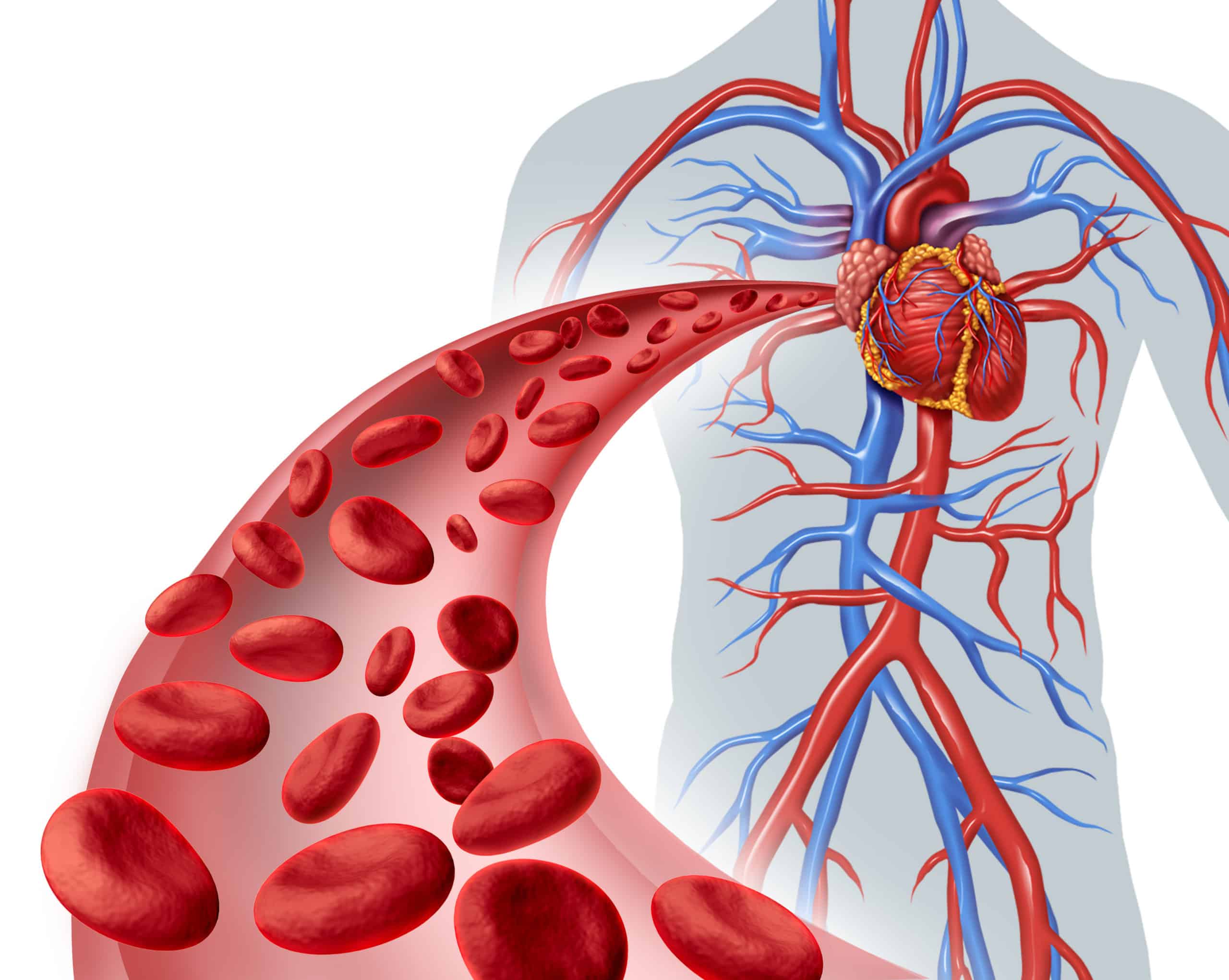
Lesser Known Risks Of Heart Disease and Stroke
With February being national Heart Month, are you aware of these lesser known risks heart disease and stroke? Around 7.4 million people in the UK are living with heart and circulatory diseases – this is approximately twice the amount as cancer and Alzheimer’s disease combined.
Heart and circulatory diseases cause more than a quarter (27%) of all deaths in the UK – one death every 3 minutes.
Do you know how to reduce your risk? Below we have some less commonly known information, how this may affect your risk and what you can do to improve.
COMMONLY KNOWN |
RARELY KNOWN |
WHY? |
WHAT CAN YOU DO? |
|
FIBRE |
Eating plenty of fibre is important for gut health
|
The microorganisms in your gut could have an impact on your risk of heart disease |
Microorganisms within the gut could have the potential to reduce cholesterol and influence the immune response |
Eat at least 5 portions of fruit and veg a dayOpt for high fibre wholegrain carbohydrates such as wholewheat pasta, brown rice and wholegrain breadConsume pulses such as beans, peas and lentils |
CENTRAL OBESITY |
Being overweight increases your risk of heart disease and stroke |
Where you carry excess fat will have an impact on your risk of heart disease and stroke |
Fat around your waist can increase your risk of heart disease |
Maintain a healthy waist measurement:Men = 94cm or lessWomen = 80cm or less |
SALT |
A high salt diet will increase your risk of heart disease and stroke |
Other minerals are important with considering your risk of heart disease and stroke. These include, calcium, potassium and magnesium |
Research suggests that minerals play a role in preventing high blood pressure |
Food sources include:Magnesium: Lentils, nuts, seeds and wholegrainsCalcium: Dairy food, green leafy vegetables, breadPotassium: Parsnips, Brussels sprouts, bananas, nuts, seeds, milk, fish, poultryKeep salt intake to less than 6g/day (approx.1tsp) |
VITAMINS & MINERALS |
We need a wide range of vitamins and minerals for good health |
Supplements are not a sufficient replacement for vitamins and minerals from food |
A diet rich in varied vitamins and minerals may contribute to a reduced risk of heart disease, but there has been no evidence that supplements of the same vitamins and minerals have the same impact |
Eat a wide and varied diet rich in whole plant-based foods |
SATURATED FAT |
A diet high in saturated fat will lead to an increased risk of heart disease |
What you consume instead of the saturated fat is important if you are to decrease your risk of heart disease and stroke |
If you swap saturated fats for unsaturated fats, this can increase your overall health and decrease your risk of heart disease and stroke. If you replace saturated fats with sugar and refined carbohydrates, this can increase your cholesterol and blood sugar, further increasing your risk of heart disease |
Opt for foods high in unsaturated fat instead of saturated fat, such as:Walnut oil, linseed, sesame seeds sunflower seeds, avocado, pine nuts, oily fish, olives, nuts, olive oilLimit your consumption of refined carbohydrates and choose wholegrains instead |
SLEEP |
Having enough good quality sleep is important for overall health and wellbeing |
Too little or poor-quality sleep has been linked to and increased risk of heart disease and stroke |
Too little sleep has been linked to increased risk of heart disease and stroke, as well as an increased risk of type 2 diabetes, obesity and high blood pressure.Poor quality sleep has been linked to an even greater increase |
Aim for between 7-9 hours of good quality sleep per night |
ALCOHOL |
Drinking alcohol to excess will not benefit your health |
Binge drinking or overall excess alcohol consumption can increase a wide range of heart disease and stroke risk factors |
Excess and binge drinking has been linked to excess weight gain around the waist, increased blood pressure, increased blood sugar levels, insulin resistance and blood clotting |
Drink no more than 14 units of alcohol per weekSpread this consumption evenly throughout the week whilst having at least 2 consecutive alcohol-free days |
STRESS |
Stress is linked to high blood pressure |
Stress in the workplace can increase the risk of heart disease and stroke |
Studies have shown exposure to stress to activate specific areas in the brain that lead to increased heart rate and blood pressure. This has also been shown to be the case when under job-related pressure or experiencing long working hours |
If stress is a factor in your life, look into ways in which this can be improved. Exercise, meditation, mindfulness and yoga have all shown good results |
EXERCISE |
Taking regular exercise will help with overall heart health |
Sitting for long periods of time can have a significant impact on your heart disease and stroke risk, which is something that partaking in physical activity cannot compensate for |
Although exercise has been shown to increase overall heart health, research shows that time spent being sedentary has been linked to high blood pressure and increased risk of type 2 diabetes |
Have breaks from your desk by walking around for a few minutes every half an hourMinimise sedentary activity such as being on your computer or watching tvWalk or cycle wherever possiblePartake in at least 150 minutes or moderate intensity activity per week to improve overall health and fitness |
SMOKING |
Smoking will increase your risk of heart disease and stroke |
Smoking narrows arteries, and makes your blood more likely to clot |
Compounds within cigarettes damage the lining of your blood vessels, and makes your blood cells more likely to clot |
Don’t smoke, and if you do, seek help in quitting from your GP |


